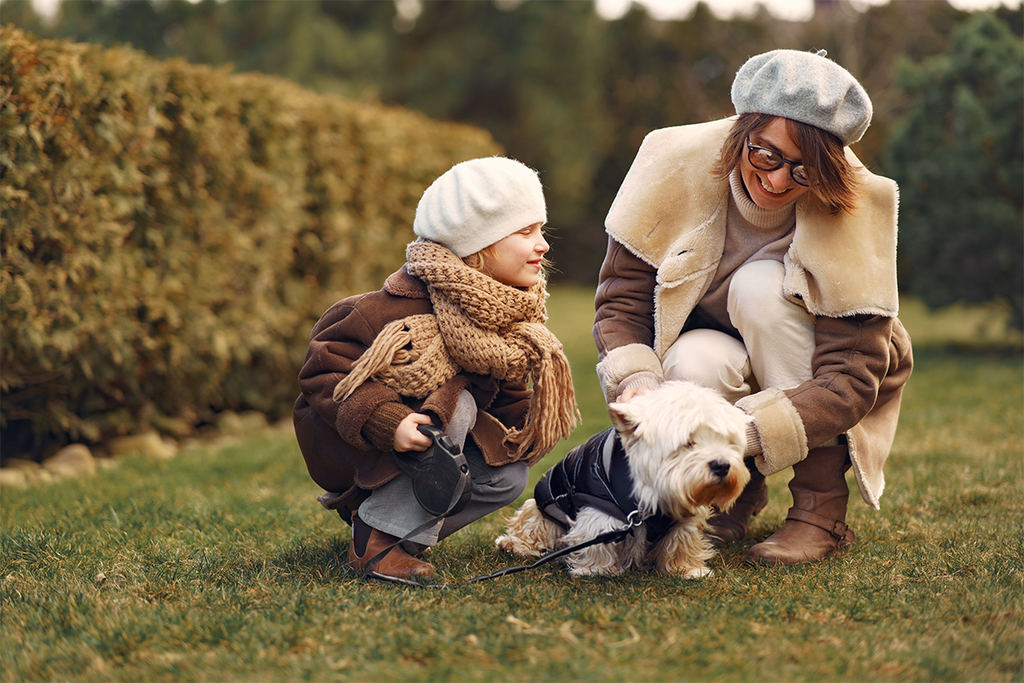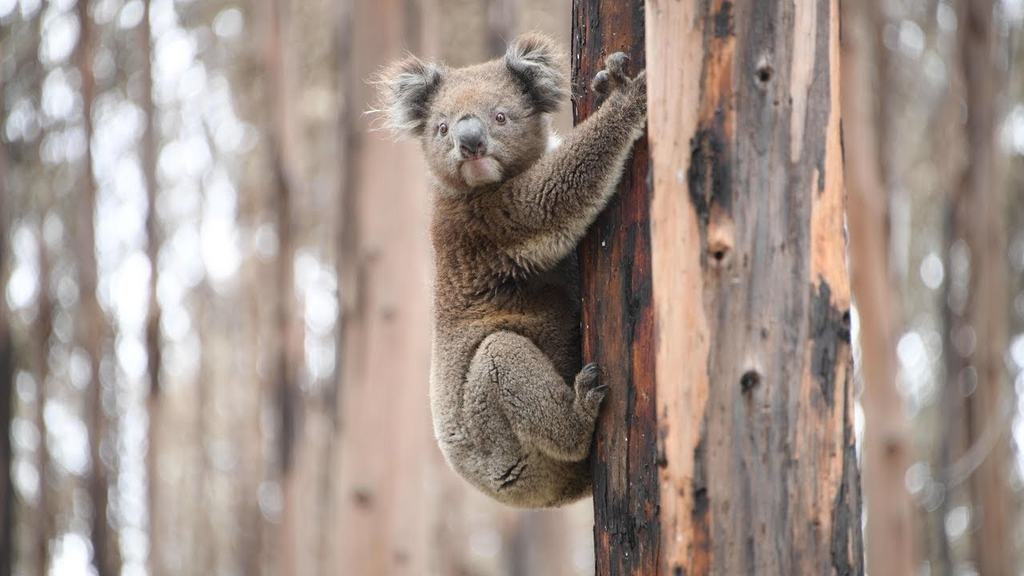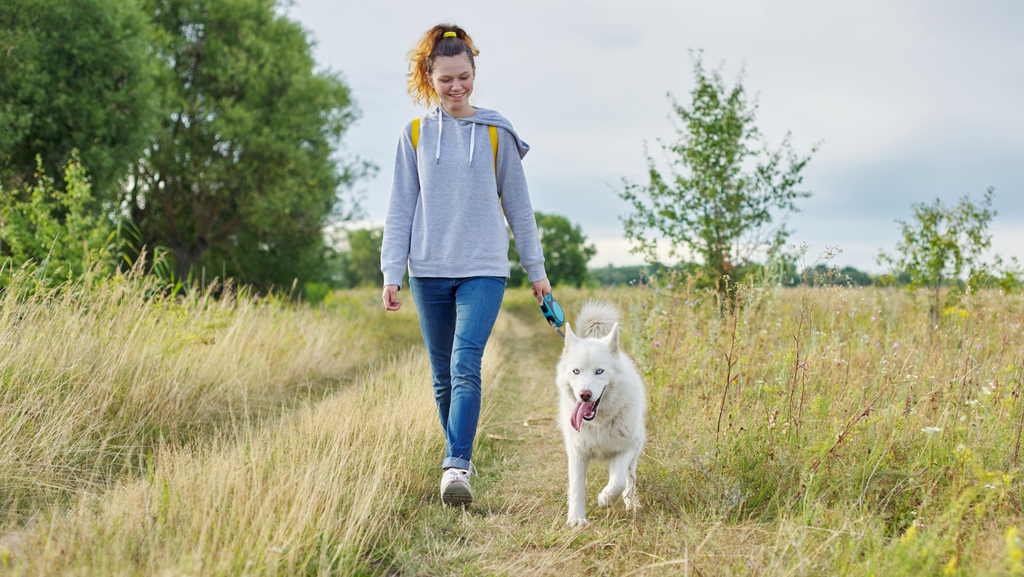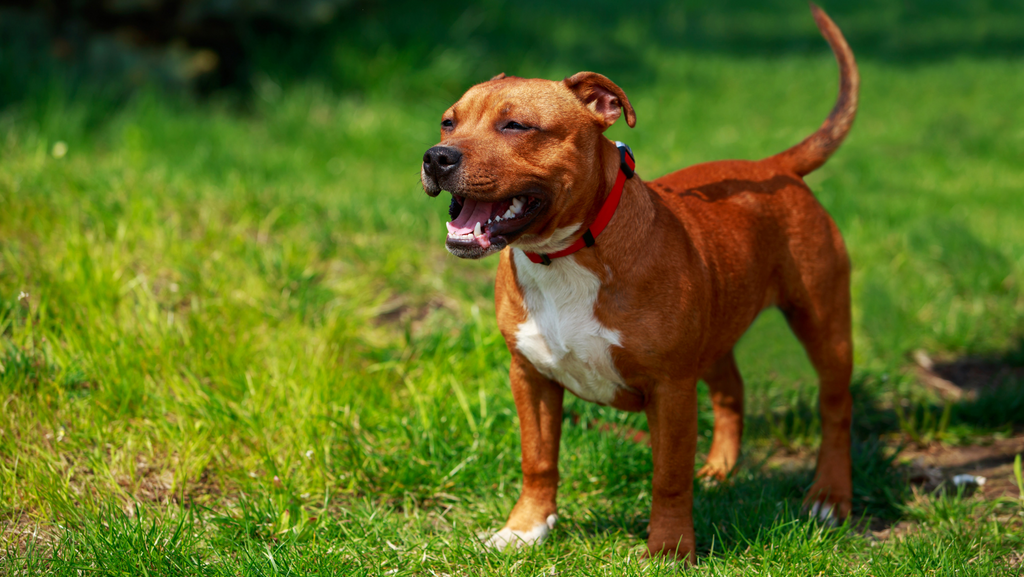Dog Feeding 101: Big Dog Food

Being a parent to a large-breed dog comes with some pretty big responsibilities, especially when it comes to their nutrition. While all dogs tend to share the same nutritional needs, factors including their size, life stage and any medical conditions can mean their diet needs a little extra tweaking to get it exactly right.
Large dogs like Labrador Retrievers, Mastiffs, German Shepherds, and Great Danes are also at risk for several skeletal health diseases and weight issues, so choosing the right food, whether high-protein dry dog food or beneficial raw dog food, is crucial for their health.
So how do you pick the best food for your big fur baby? Here are a few helpful pointers to keep in mind when choosing which premium dog food is right for your larger-than-most doggo…
What to Consider When Choosing Food for Large Dog Breeds
- Adult large dogs have a minimum protein and fat requirement of 18% and 5% respectively. When choosing big dog food, the higher protein content the better, as it’s beneficial for building and sustaining lean muscle mass. More fat also equals more calories, which are important for providing energy and fuel.
- Compared to small dog breeds, big dogs have slower metabolisms. The difference in small and large dog breeds is significant: small breeds use around 90 calories per kilogram of body weight per day, while large adult canines only need around 45 calories per kilogram.
- Large breeds develop a higher risk of specific health concerns. Health issues, such as obesity, bloat and orthopedic problems are just a few of what large dogs are at risk developing that are influenced by nutrition. Their formula must meet the guidelines for calcium and phosphorus, nutrients crucial for building stronger bones and joints. Their dog food also has higher protein and lower calories to prevent rapid growth.
More Big Dog Food and Feeding Tips
When looking for and purchasing food for your big dog, ensure that the formula:
- is made from whole-food ingredients (no fillers, byproducts, or artificial additives)
- is rich in lean protein (ideally from healthy sources like meat, fish, and poultry)
- has a low to moderate fat content
- contains nutrients such as glucosamine and chondroitin (for joints), and calcium and phosphorus (for bones), and
- has a bigger kibble size, so you can control their food portions and reduce the risk of dog bloat.
Overnutrition is a key factor in large-breed puppies growing too quickly. Excessive, accelerated growth is actually not healthy for large breed puppies, as this has been linked to developmental orthopedic disease (DOD).
Feeding our fur babies a diet containing the right amount of calories for their size is critical to keep them happy and healthy by ensuring they receive all the essential nutrients they need to supply their energy needs—put simply, underfeeding won’t provide adequate nutrition, while overfeeding can quickly make your dog overweight or obese.
Helping your fur baby: Measure your dog's meal every time and serve them according to their weight, size, and age.
If you’re at all unsure if your gentle giant is getting all the nutrition they need, it is best to consult with your vet as they‘ll be able to provide the best advice about your dog’s individual condition and nutritional requirements.

At Petzyo, we’re all about smart, healthy feeding for our precious fur babies. That’s why we offer high-quality raw dog food and the best dry dog food for large dogs based on tailored serving guides which ensure your pooch will receive all the valuable nutrition they need, without any of the hassle.
Learn more about our revolutionary pet food service or try us out by getting started with your first order!




